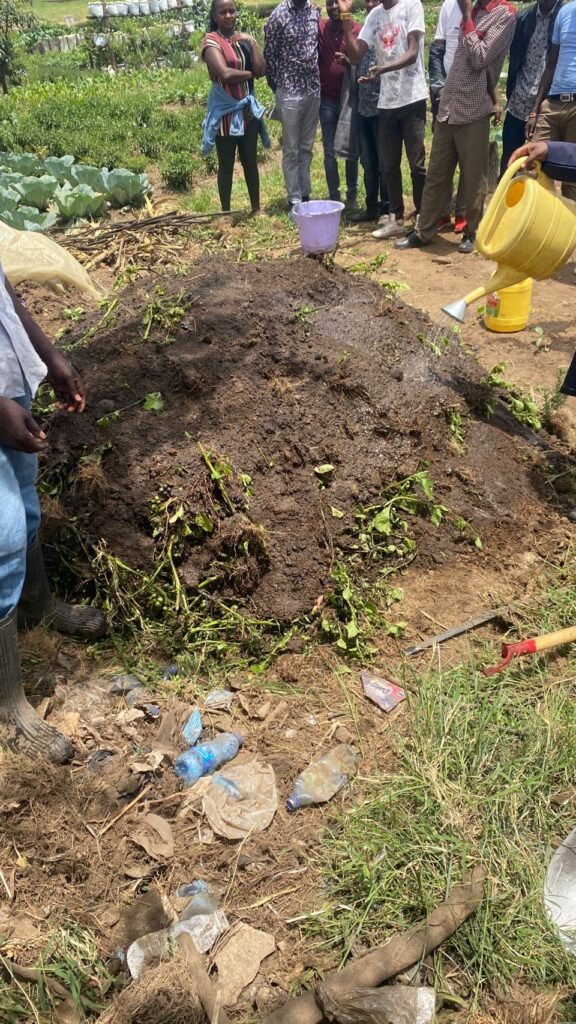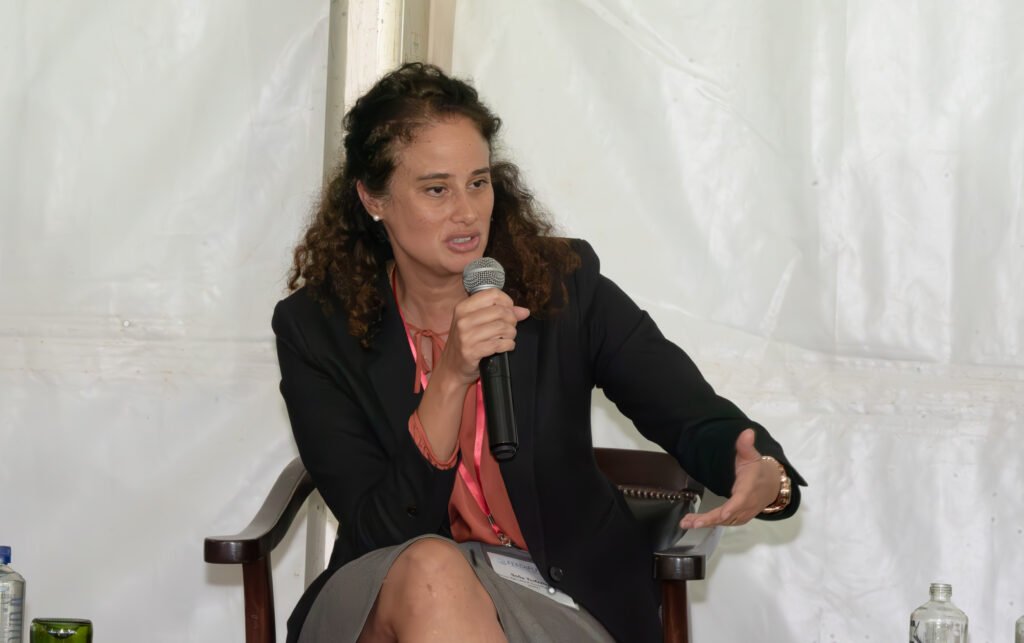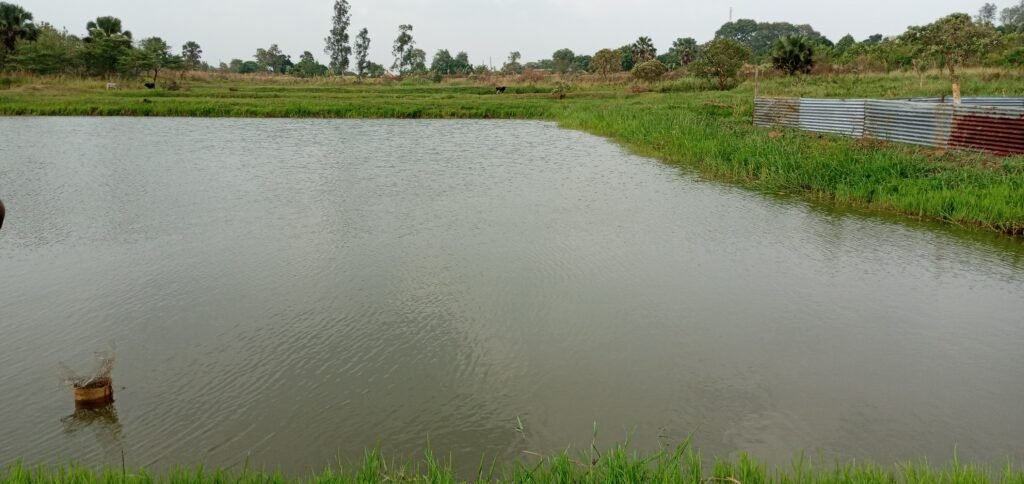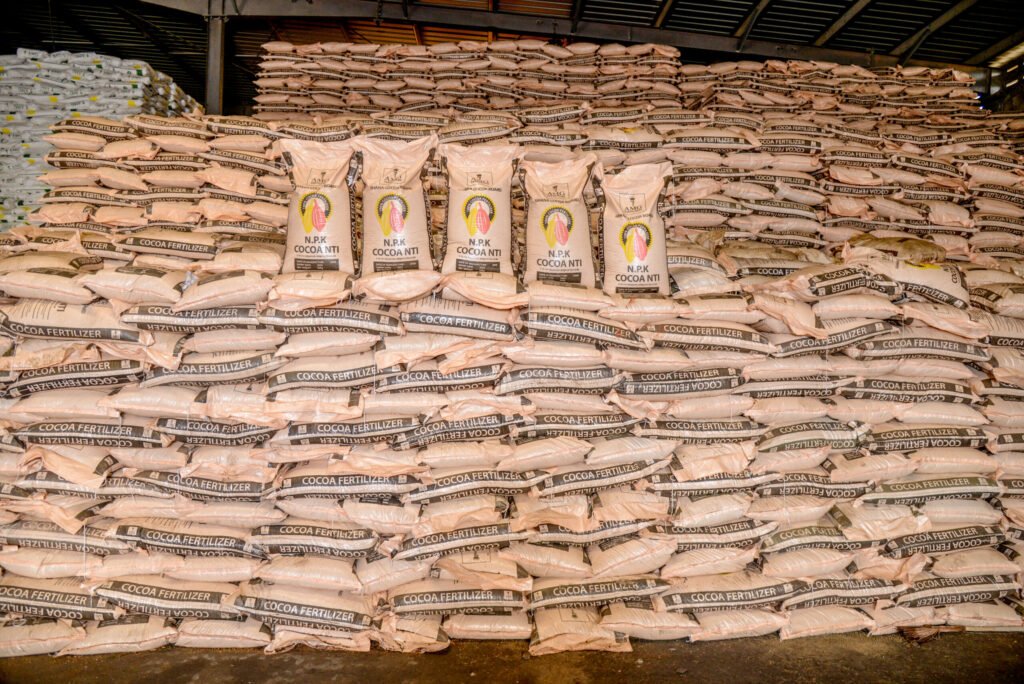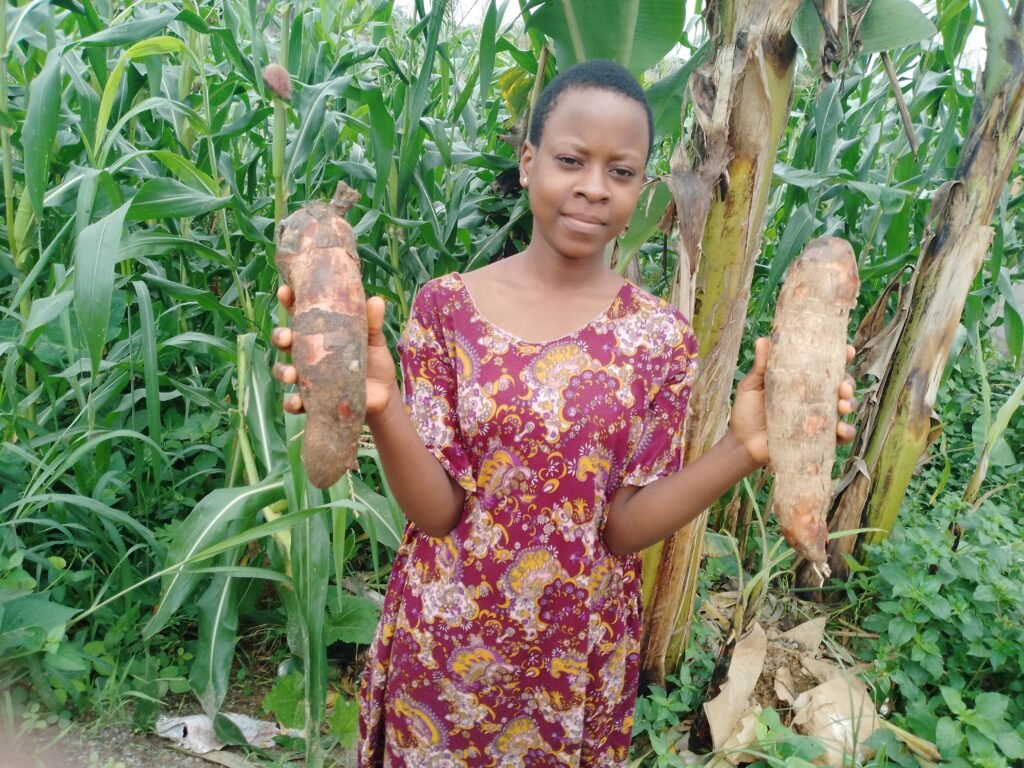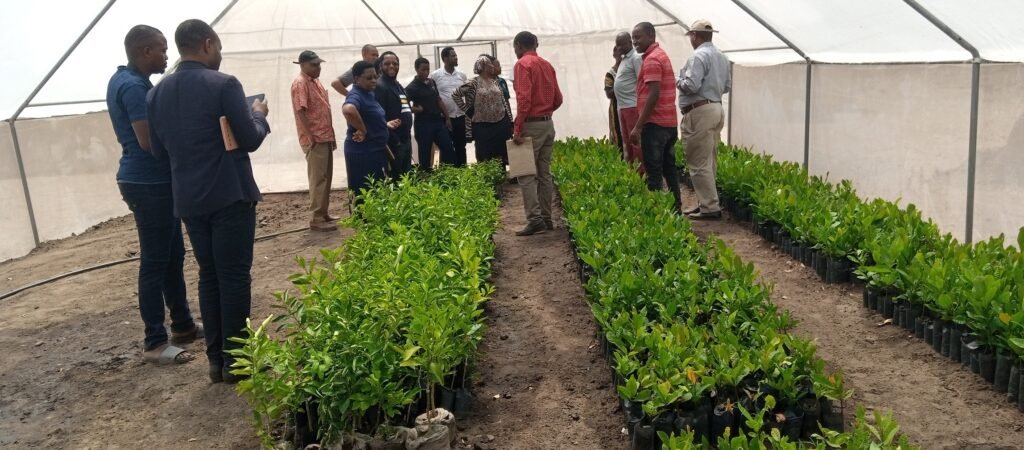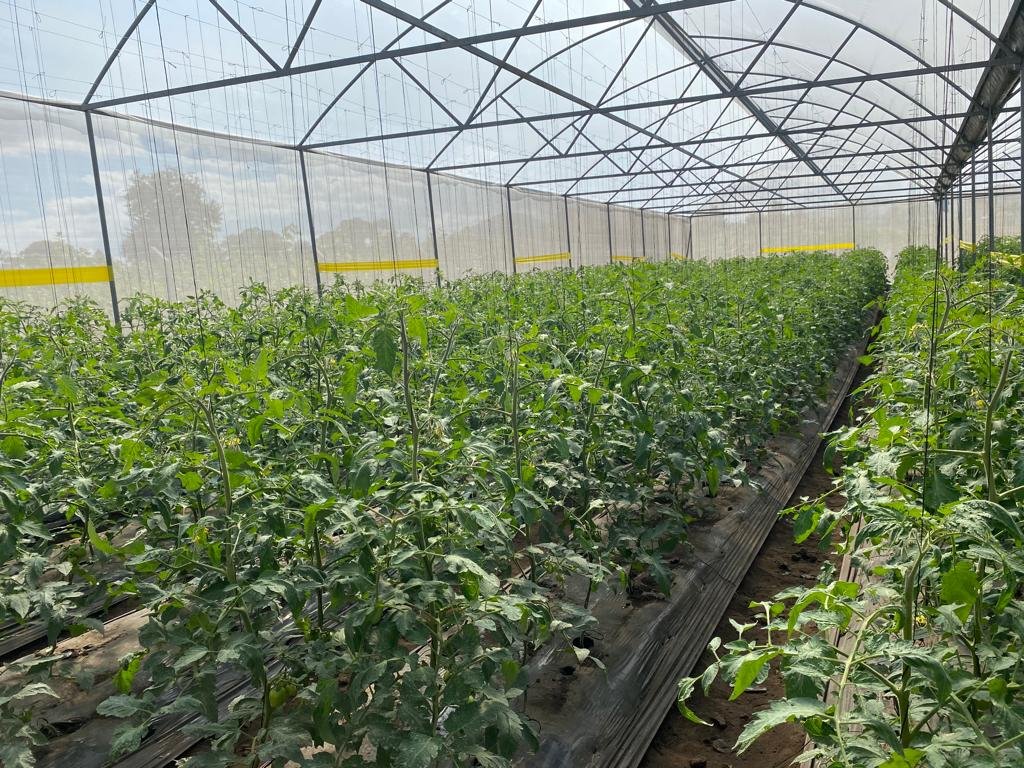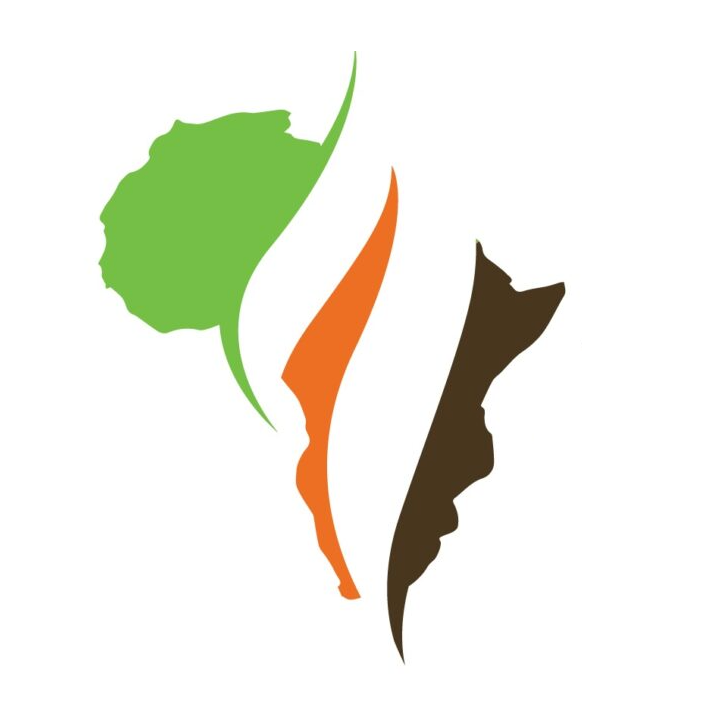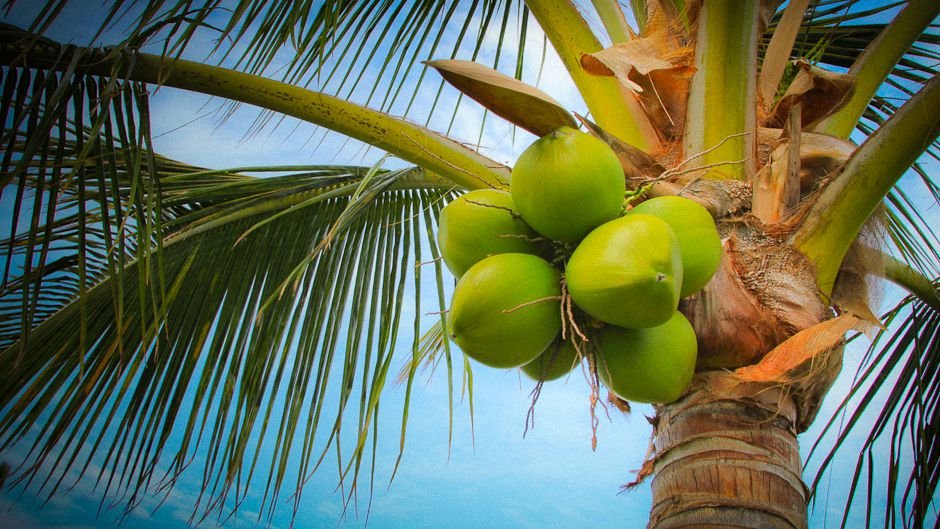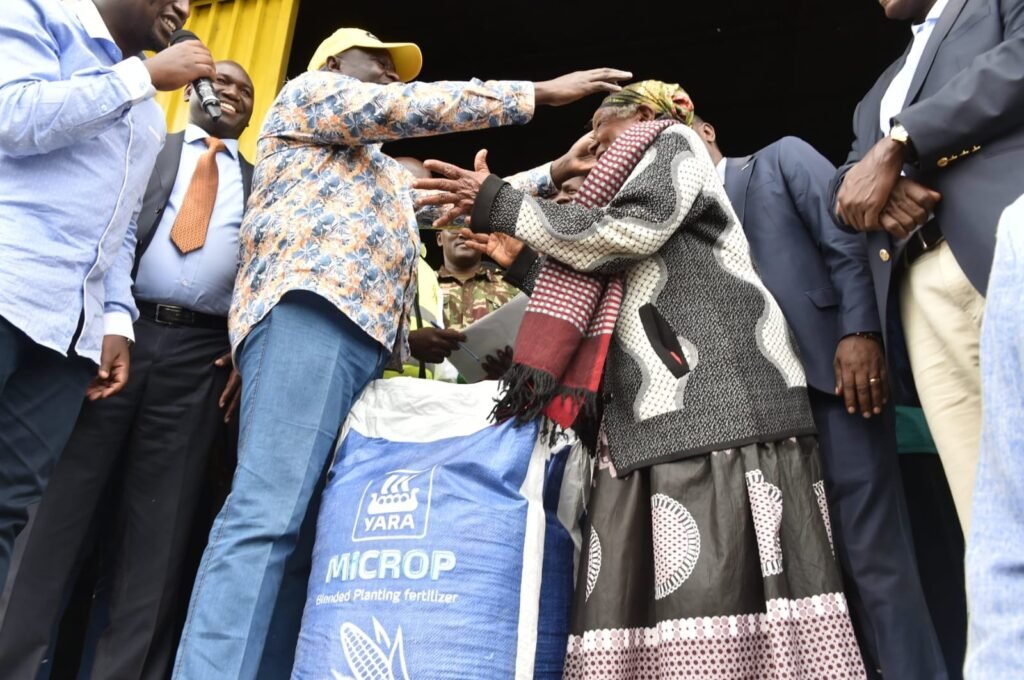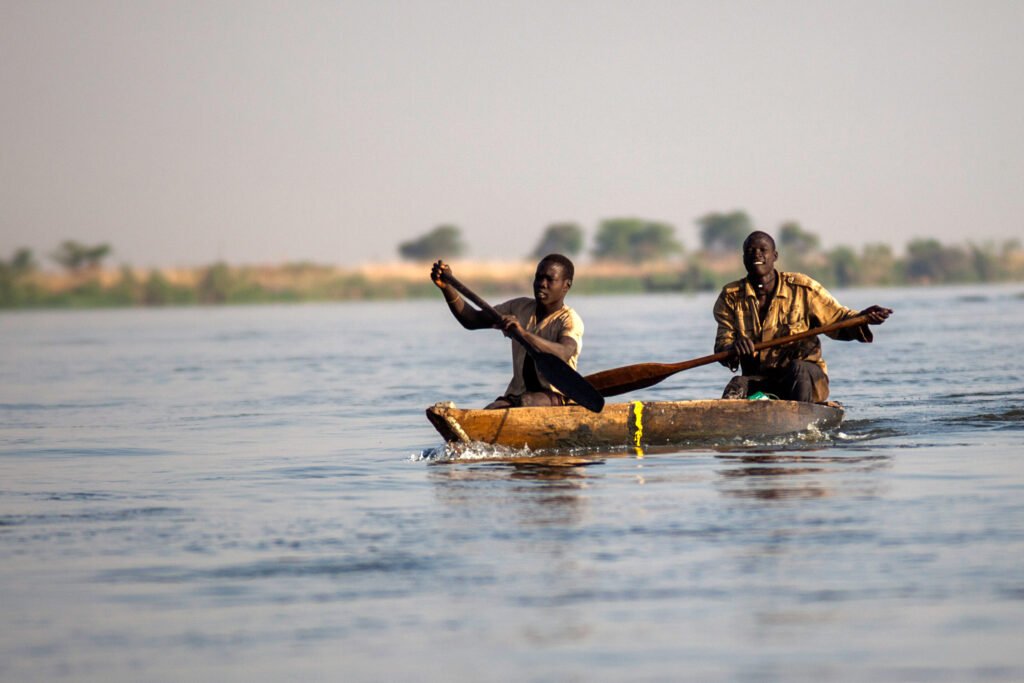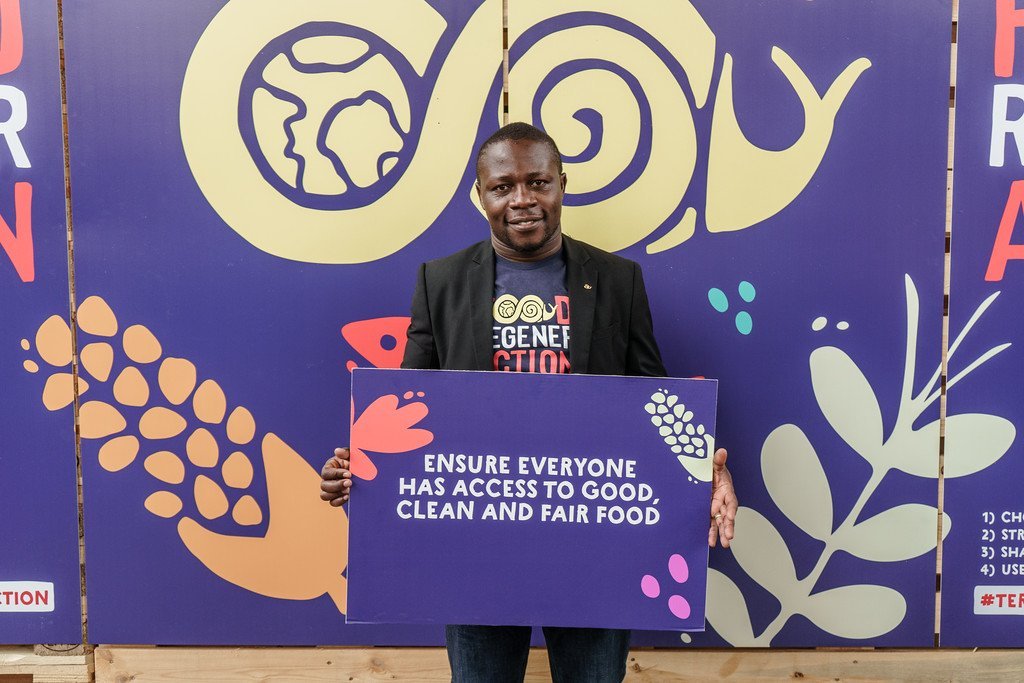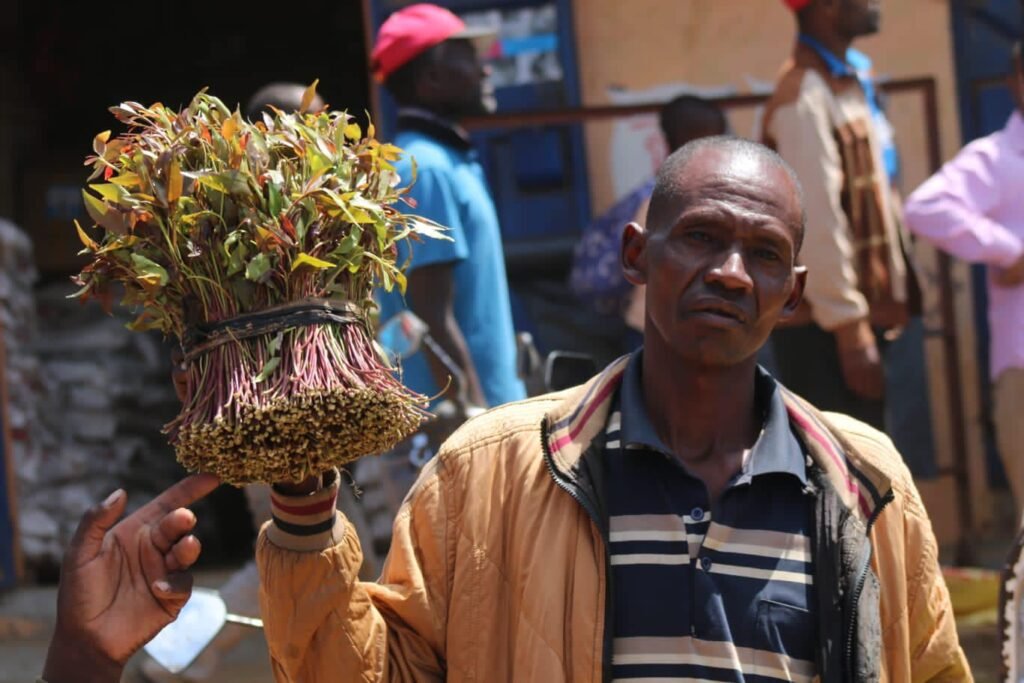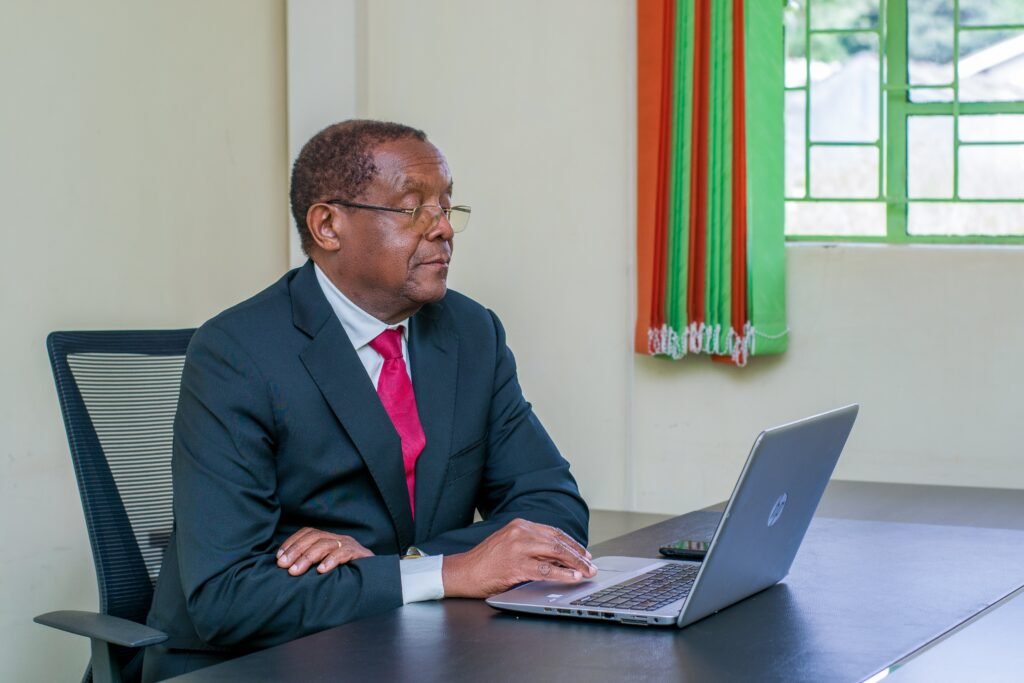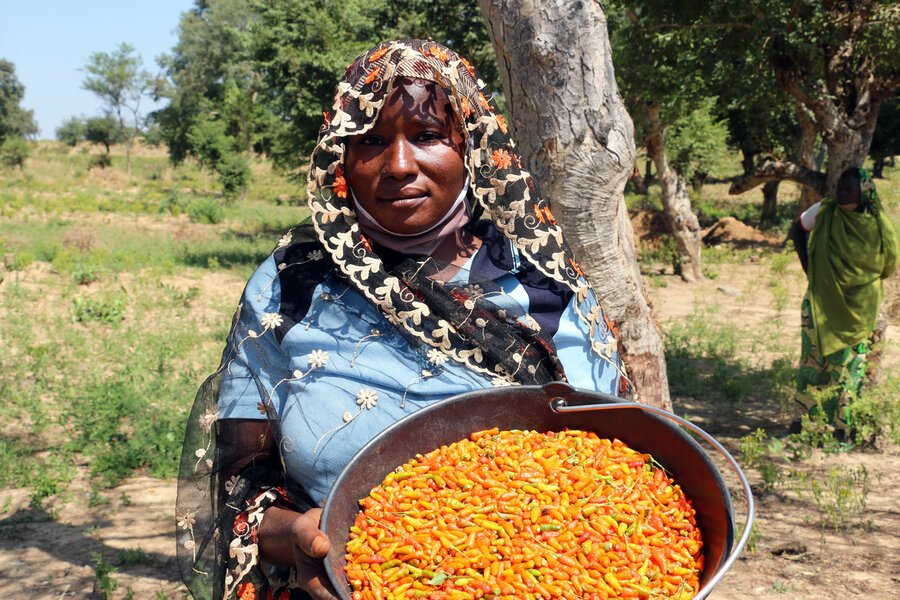Compost manure is environmentfriendly, making it key to climatesmart agriculture, organic agriculture, and regenerative agriculture.
Eight years down the line, that target is far from being met, with fertiliser use in most countries in sub-Saharan Africa still standing at below 25kg per hectare. Concerns about fertiliser security have further grown in the past three years on the back of acute shortages and high prices related to the global supply chain disruptions caused by the Covid-19 pandemic and the Russia-Ukraine war.
Many African countries depend on fertiliser imports from Russia and Ukraine. According to the International Fertilizer Development Center (IFDC), which has been tracking data related to the price and availability of the key farm input across 20 African countries, fertiliser prices rose almost 30 percent starting early 2022 due to the Russian invasion of Ukraine.
In this issue of the PanAfrican Agriculture, we run a scan on the fertiliser headache on the continent in our special report section. Besides highlighting the struggles of farmers in different countries accessing or buying fertilisers, we bring you some interesting stories of how governments, development-focused non-governmental organisations, researchers, and private businesses are trying to solve the problems.
If you are looking for a deeper understanding of the fertiliser security issue in Africa, we highly recommend you spare a few minutes to read our Q&A with Charlotte Hebebrand, the Director of Communications and Public Affairs, International Food Policy Research Institute (IFPRI).
Behind every story of a successful public policy, programme or institution there is always an outstanding individual or team of individuals who made it happen. For our personality profile and cover story, we feature Dr Wilson Songa, the Kenyan agriculture consultant and former government technocrat credited with helping to develop and implement the country’s robust phytosanitary measures, among other key agricultural policies, during his more than 30 years in public service.
As usual, our writers were on the lookout for stories of innovations making a difference in farming communities across Africa and they filed quite some interesting ones like that of a women farmers’ cooperative growing and processing pepper, and promoting refugee integration while at it. Read these plus stories on other agricultural issues on the continent.


